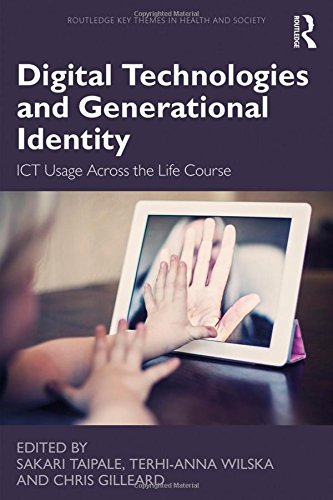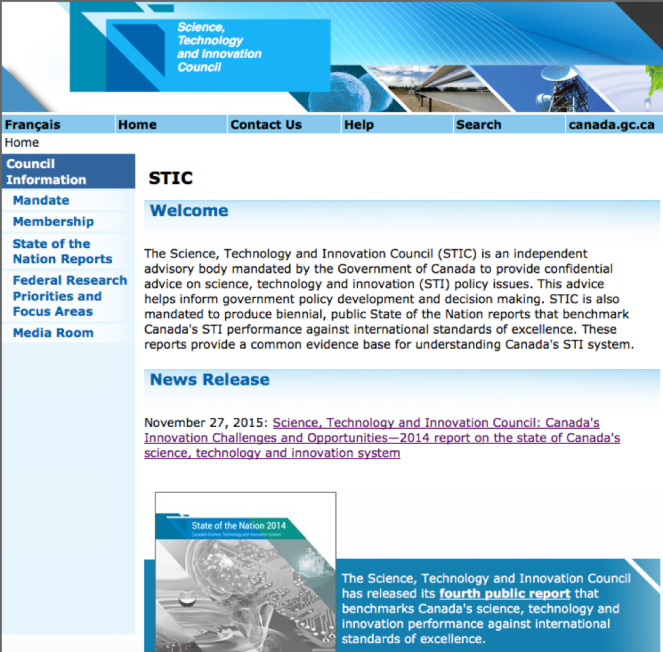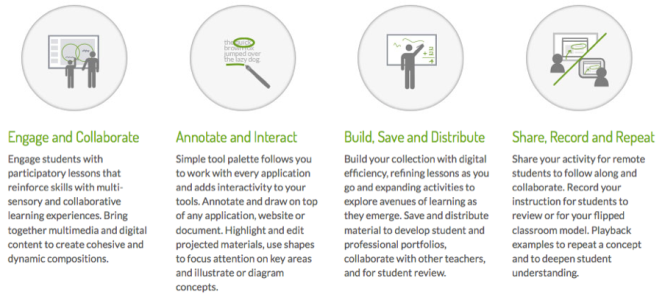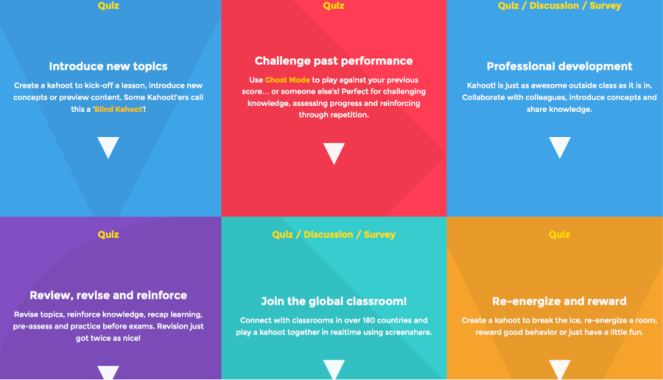Cultural literacy is a term coined by E. D. Hirsch , referring to the ability to understand and participate fluently in a given culture. Cultural literacy is an analogy to literacy proper (the ability to read and write letters). A literate reader knows the object-language’s alphabet, grammar, and a sufficient set of vocabulary; a culturally literate person knows a given culture’s si gns and symbols, including its language, particular dialectic, stories,[1] entertainment, idioms, idiosyncrasies, and so on.
gns and symbols, including its language, particular dialectic, stories,[1] entertainment, idioms, idiosyncrasies, and so on.
The culturally literate person is able to talk to and understand others of that culture with fluency, while the culturally illiterate person fails to understand culturally-conditioned allusions, references to past events, idiomatic expressions, jokes, names, places, etc.
Hirsch came out with a series of subsequent books for Kindergarten up to Grade 6, in 1994, on what kids should know in particular grades. This series was revised and update in 2007 and then in 2014. Here are two examples from the recent updated series.
 Title: What Your First Grader Needs to Know (Revised and Updated): Fundamentals of a Good First-Grade Education
Title: What Your First Grader Needs to Know (Revised and Updated): Fundamentals of a Good First-Grade Education
Author: E.D. Hirsch Jr.
ISBN: 0553392387 | 2014 | 512 pages
Give your child a smart start with the revised and updated
What Your First Grader Needs to Know
What will your child be expected to learn in the first grade? How can you help him or her at home? How can teachers foster active, successful learning in the classroom? This book answers these all-important questions and more, offering the specific shared knowledge that hundreds of parents and teachers across the nation have agreed upon for American first graders. Featuring a new Introduction, filled with opportunities for reading aloud and fostering discussion, this first-grade volume of the acclaimed Core Knowledge Series presents the sort of knowledge and skills that should be at the core of a challenging first-grade education. Inside you’ll discover
• Favorite poems—old and new, such as “The Owl and the Pussycat,” “Wynken, Blynken, and Nod,” and “Thirty Days Hath September”
• Beloved stories—from many times and lands, including a selection of Aesop’s fables, “Hansel and Gretel,” “All Stories Are Anansi’s,” “The Tale of Peter Rabbit,” and more
• Familiar sayings and phrases—such as “Do unto others as you would have them do unto you” and “Practice makes perfect”
• World and American history and geography—take a trip down the Nile with King Tut and learn about the early days of our country, including the story of Jamestown, the Pilgrims, and the American Revolution
• Visual arts—fun activities plus full-color reproductions of masterworks by Leonardo da Vinci, Vincent van Gogh, Paul Cézanne, Georgia O’Keeffe, and others
• Music—engaging introductions to great composers and music, including classical music, opera, and jazz, as well as a selection of favorite children’s songs
• Math—a variety of activities to help your child learn to count, add and subtract, solve problems, recognize geometrical shapes and patterns, and learn about telling time
• Science—interesting discussions of living things and their habitats, the human body, the states of matter, electricity, our solar system, and what’s inside the earth, plus stories of famous scientists such as Thomas Edison and Louis Pasteur
Title: What Your Second Grader Needs to Know (Revised and Updated): Fundamentals of a Good Second-Grade Education
Author: E.D. Hirsch Jr.
ISBN: 0553392409 | 2014 | 528 pages
 Give your child a smart start with the revised and updated
Give your child a smart start with the revised and updated
What Your Second Grader Needs to Know
What will your child be expected to learn in the second grade? How can you help him or her at home? This book answers these all-important questions and more, offering the specific shared knowledge that hundreds of parents and teachers across the nation have agreed upon for American second graders. Designed for parents and teachers to enjoy with children, featuring a new Introduction, this second-grade volume of the Core Knowledge Series presents the knowledge and skills that should be at the core of a challenging second-grade education, including
• Favorite poems—old and new, from “Caterpillars” to Gwendolyn Brooks’s prizewinning “Rudolph Is Tired of the City”
• Literature—from around the world, with African folktales, American tall tales, European fairy tales, and classic myths from ancient Greece
• Learning about language—the basic building blocks of written English, all explained with a touch of humor and common sense
• World and American history and geography—visit Japan, explore ancient Greece, travel the Underground Railroad with Harriet Tubman
• Visual arts—with activities and full-color illustrations of masterworks by El Greco, Van Gogh, Matisse, and others
• Music—basic theory, great composers, instruments, and fun-to-sing songs such as “I’ve Been Working on the Railroad” and “Do-Re-Mi”
• Math—challenging lessons ranging from telling time to doing fractions, numbers to 100, and a first look at geometry
• Science—the cycle of life and the seasons, levers and magnets, the wonder of the human body, and more, with lots of hands-on activities and stories about famous scientists
The question that interests me is what is the technology portion of Cultural literacy and how has it changed in the year 3 decades since Hirsch coined the phrase.
There is a fabulous article in the online NewYork Times. by Karl Taro Greenfield (May 24, 2014) called “Faking Cultural Literacy” . It talks about changes in our behaviours around “knowing things”, based on access to an increasingly Google-available global literacy. What i am more interested in is the actual digital cultural literacy that is required of us by the society we live in. Even more than this, I want to know how we are teaching this literacy in our schools and at home.
Eric Liu (Jul 3, 2015) wrote an article called “What Every American Should Know: Defining common cultural literacy for an increasingly diverse nation” in The Atlantic. He reopens the discussion about what Hirsch has said and restates the compelling need to know and teach Cultural Literacy.
 Wired magazine (Sept. 2015) has addressed the questions in a very stimulating and controversial website called “What You Need to Know to Be Culturally Literate in 2016“. I encourage you to explore this site and assess your own digital cultural literacy. I could not help reflecting on the validity of the choices. Who should make the call about what are the most powerful requirements that ensure modern literacy … Big data analytics, History professors, Educational Consultants..?
Wired magazine (Sept. 2015) has addressed the questions in a very stimulating and controversial website called “What You Need to Know to Be Culturally Literate in 2016“. I encourage you to explore this site and assess your own digital cultural literacy. I could not help reflecting on the validity of the choices. Who should make the call about what are the most powerful requirements that ensure modern literacy … Big data analytics, History professors, Educational Consultants..?













 English | 2014 | ISBN: 0415656583, 0415656591 | pages: 160
English | 2014 | ISBN: 0415656583, 0415656591 | pages: 160 gns
gns Title: What Your First Grader Needs to Know (Revised and Updated): Fundamentals of a Good First-Grade Education
Title: What Your First Grader Needs to Know (Revised and Updated): Fundamentals of a Good First-Grade Education Give your child a smart start with the revised and updated
Give your child a smart start with the revised and updated Wired magazine (Sept. 2015) has addressed the questions in a very stimulating and controversial website called “
Wired magazine (Sept. 2015) has addressed the questions in a very stimulating and controversial website called “

